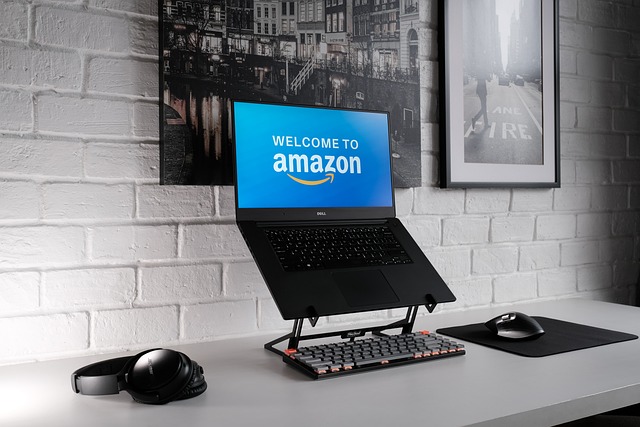Last Updated on September 3, 2024 by Admin
Nowadays, a smartphone is an essential all-in-one device that goes beyond just making calls and sending texts. It functions as a personal computer, camera, GPS navigator, and entertainment hub. With powerful processors and high-resolution screens, smartphones support a wide range of apps for social media, productivity, and health tracking. They also facilitate secure online transactions and instant communication, making them indispensable tools for daily life and work.
Choosing a new mobile phone can be overwhelming due to the myriad of options and the fast pace of technological advancements. To make an informed decision and ensure you select a device that suits your needs, consider these 5 tips for buying a mobile phone.
5 Tips for Buying a Mobile Phone
1. Determine Your Budget
Before diving into the world of smartphones, it’s crucial to set a clear budget. Prices for mobile phones can range from a few hundred to over a thousand dollars, depending on the brand, model, and features. Setting a budget helps narrow down your options and prevents you from overspending. Consider how much you’re willing to spend and if there are any additional costs, such as for accessories or insurance.
Remember, the most expensive phone isn’t always the best fit for everyone. Consider what features are essential for you and balance them with your budget. By sticking to a set budget, you ensure that you’re not only getting a phone that meets your needs but also one that offers good value for money.
2. Evaluate Key Features and Specifications
Once you have a budget, it’s important to evaluate the key features and specifications of the phones within your price range. Focus on aspects such as processor speed, RAM, internal storage, and battery life. The processor and RAM affect how smoothly the phone operates and handles multitasking. Storage is vital if you plan to store a lot of photos, videos, or apps. Battery life is also crucial, especially if you use your phone heavily throughout the day.
Additionally, consider other features like camera quality, screen size, and resolution. If you’re into photography or videography, a high-resolution camera and advanced editing features might be essential. Assess these specifications with how you use your phone to ensure it meets your needs.
3. Check for Software and OS Updates
The operating system (OS) and software updates play a significant role in the overall performance and security of your phone. Choose a phone that runs on a current version of its OS and check how frequently the manufacturer provides updates. Regular updates can improve functionality, add new features, and, importantly, address security vulnerabilities.
Some manufacturers are known for providing longer-term support and more frequent updates, which can extend the lifespan of your device and keep it running smoothly. Research the brand’s track record for updates and consider whether the phone you’re interested in has a history of timely software support. This is crucial for maintaining optimal performance and protecting your data.
4. Consider Brand Reputation and Customer Support
Brand reputation and customer support are important factors that can influence your overall satisfaction with your new phone. Research the brand’s reputation for reliability, build quality, and after-sales service. Look for customer reviews and ratings to gauge the experiences of other users. Brands with strong reputations often provide better customer support, warranty options, and repair services.
Additionally, consider if the brand has a service center near you or if they offer reliable online support. Good customer service can be a lifesaver if you encounter issues with your device. By choosing a reputable brand with robust support, you can ensure a smoother ownership experience and better resolve any potential problems.
5. Think About Long-Term Usage and Resale Value
When buying a new phone, think beyond the initial purchase and consider its long-term usage and resale value. Choose a phone that will remain relevant and functional for a few years to come, rather than one that might become obsolete quickly. Features like expandable storage, upgradable software, and durability can impact the phone’s longevity. Additionally, consider the resale value of the phone.
Some brands and models retain their value better than others, which can be beneficial if you plan to upgrade your phone in the future. Research the resale value of the phone you’re interested in to see how well it holds its value over time. By considering these factors, you can make a more strategic purchase that benefits you in the long run.
Conclusion
So, above are the 5 tips for buying a mobile phone. Choosing the right mobile phone involves more than just picking the latest model or the most popular brand. By determining your budget, evaluating key features, checking for software updates, considering brand reputation, and thinking about long-term usage, you can make a well-informed decision that meets your needs and preferences. Remember, the best phone for you is one that aligns with your lifestyle and offers good value for your investment.




